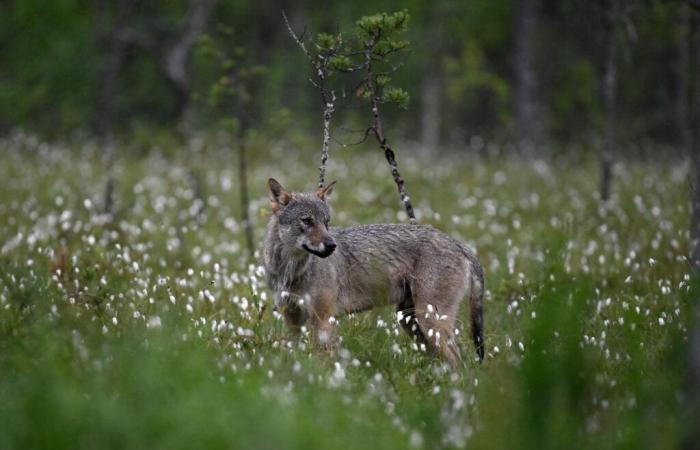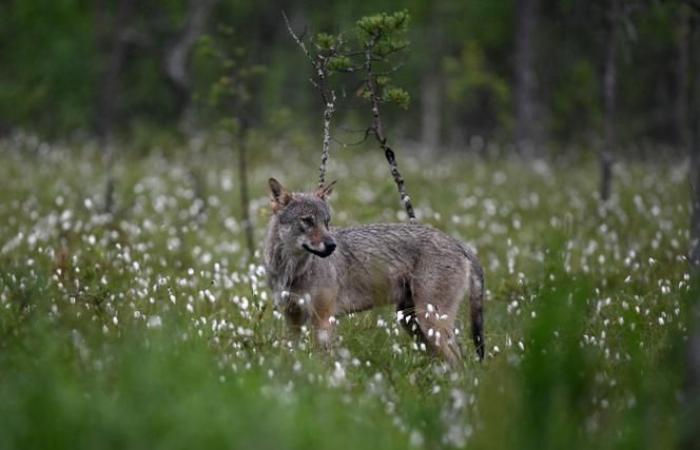What will be the future of wolves in Europe? In recent decades, these predators have made a successful return to the continent. Virtually eradicated from Western Europe in the mid-19th centurye century, they are now present in almost all the countries of the Union. A decision adopted on Tuesday, December 3, could, however, halt this positive dynamic for the species: gathered in Strasbourg, the 50 member states of the Berne Convention, a reference treaty for the protection of the fauna and flora of Europe signed in 1979, voted in favor of lowering its level of protection.
This unprecedented choice comes in a context of the rise of the right and the far right and heated political battles around agricultural and environmental issues. Highly criticized by scientists and NGOs, it paves the way for a similar change in status within the European Union (EU), with the wolf changing species “strictly protected ” has “protected”. It raises fears of an increase in fellings in certain countries, but also a broader unraveling of the European “Habitats” directive, a key text for the protection of nature.
“Wolves become the first victims of political decisions that are not based on science, which sets a dangerous precedent, denounces Sabien Leemans, of the World Wide Fund for Nature, on behalf of a coalition of NGOs. This undermines decades of conservation efforts and will distract from damage prevention measures that are the best solution to foster coexistence. »
Read also | Article reserved for our subscribers In Brussels, supporters of weaker wolf protection win a decisive victory
Read later
This downgrading was demanded by representatives of breeders and farmers, who denounce too much pressure exerted by the predator. “The decision of the Berne Convention is rather favorable and goes in the direction of better regulation of the species, but it is only a first stepreacts Claude Font, responsible for predation at the National Sheep Federation. It will then have to move forward at the European and French level. »
Tuesday's vote is the culmination of a process that began two years ago. After a resolution by the European Parliament on the subject, adopted at the end of 2022, the President of the European Commission, Ursula von der Leyen, took up the matter in September 2023. “The concentration of wolf packs in certain European regions has become a real danger for livestock and, potentially, for humans”she declares. Three months later, while she was not yet officially a candidate for re-election, she put on the table a proposal to revise the status.
You have 70.32% of this article left to read. The rest is reserved for subscribers.







